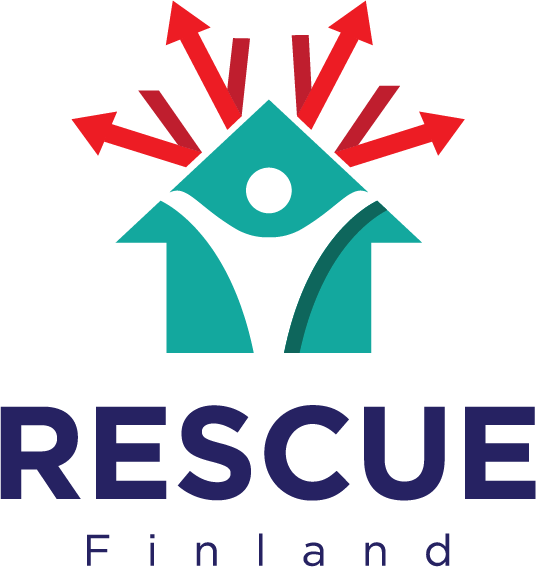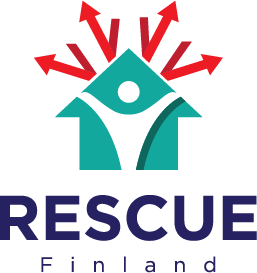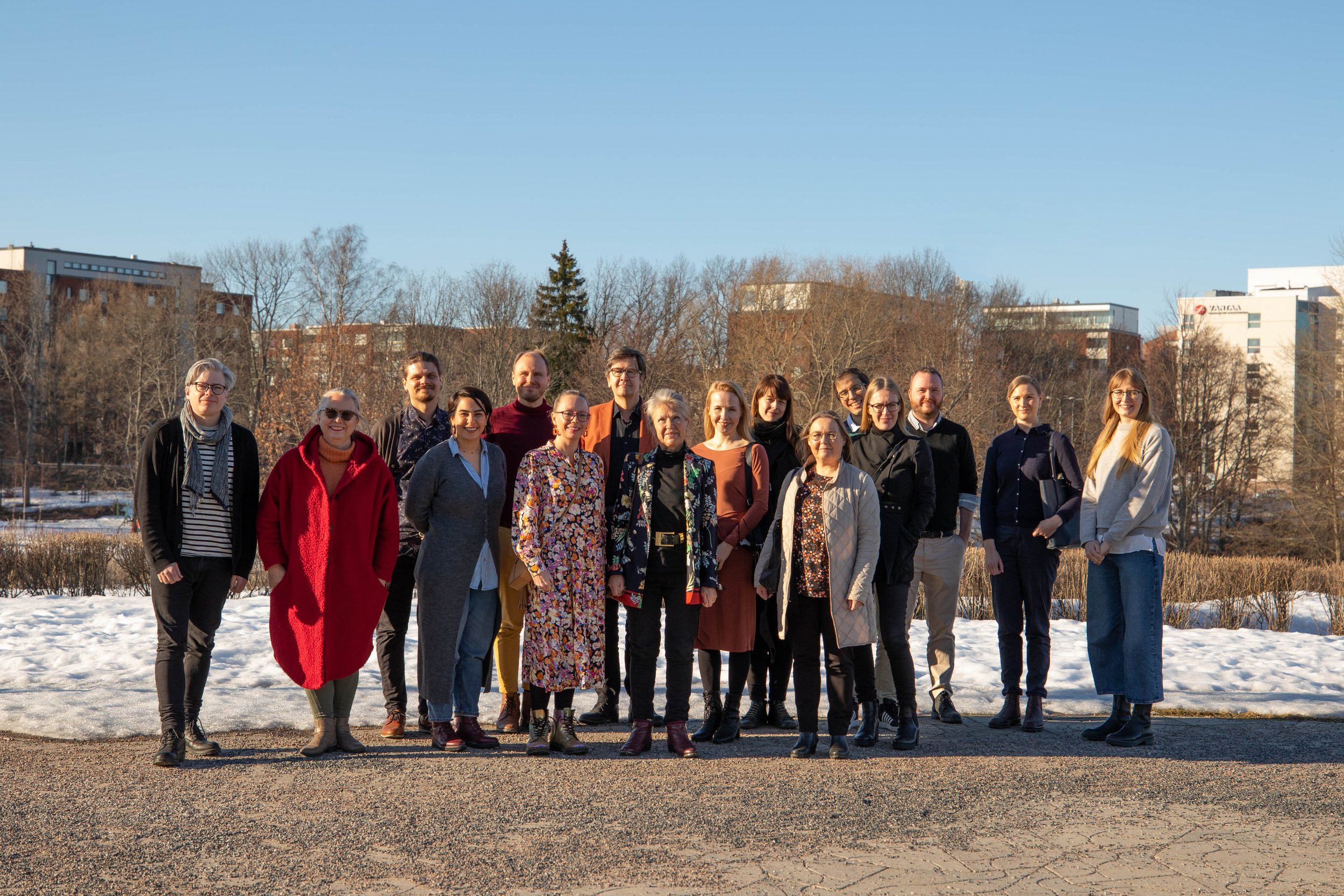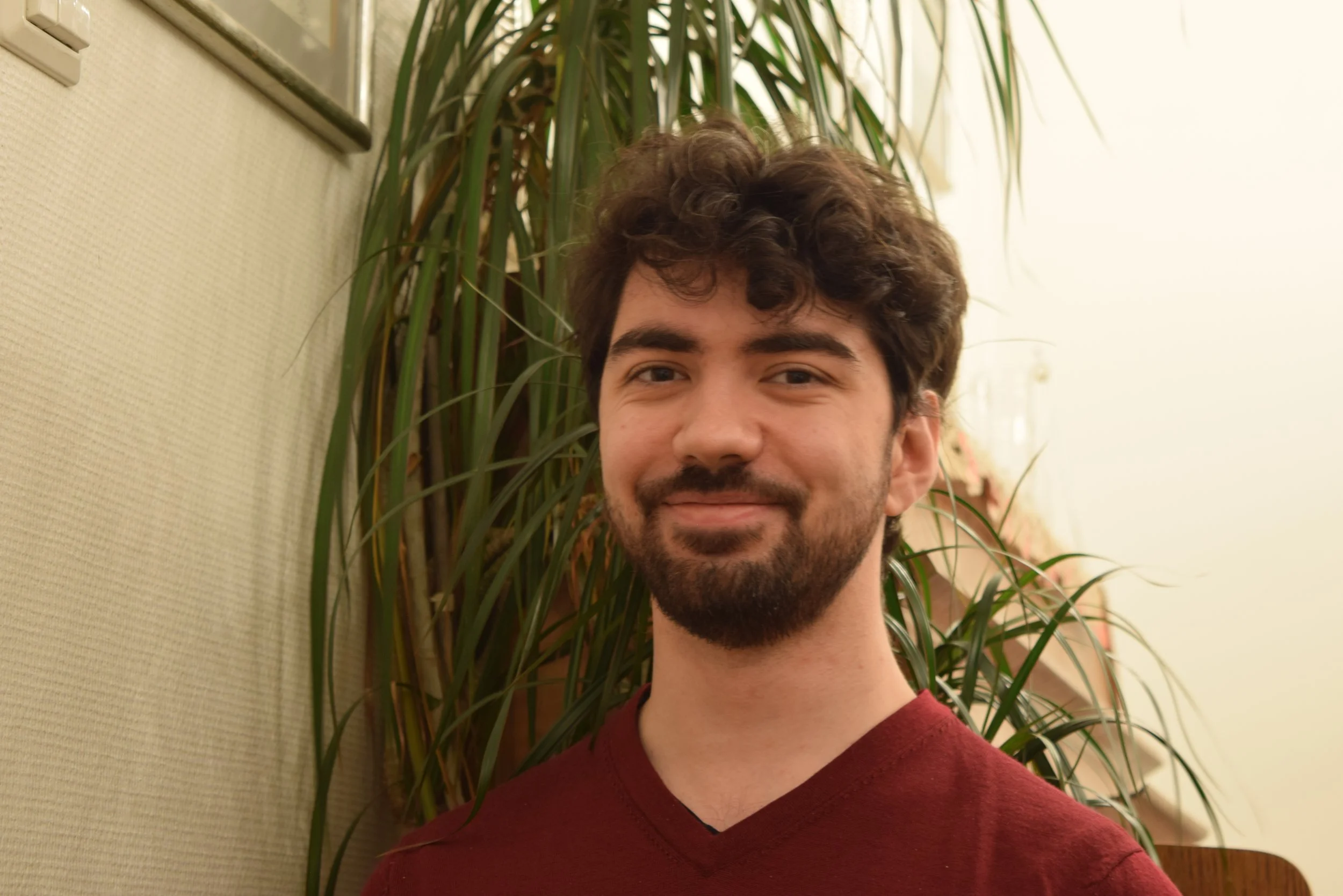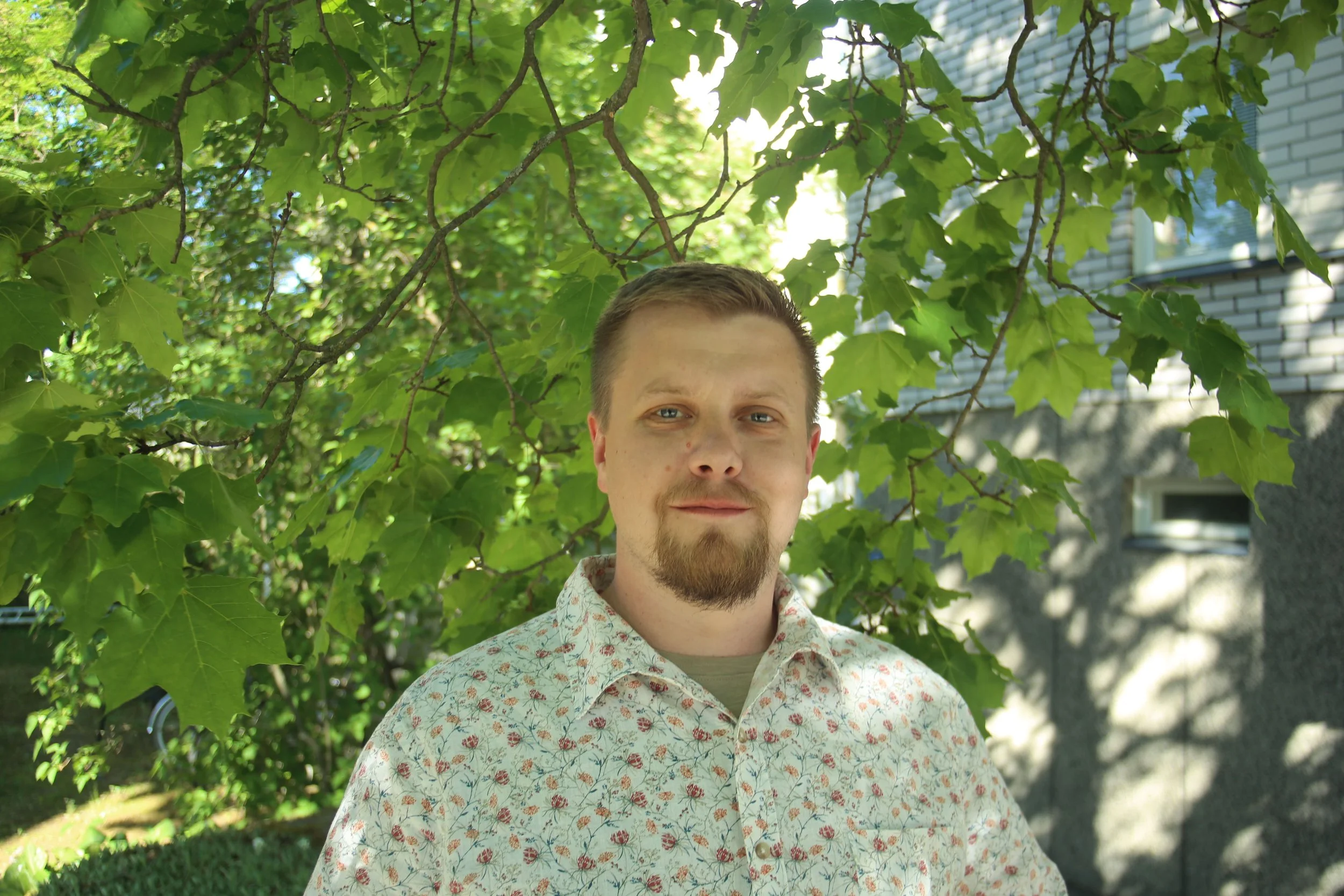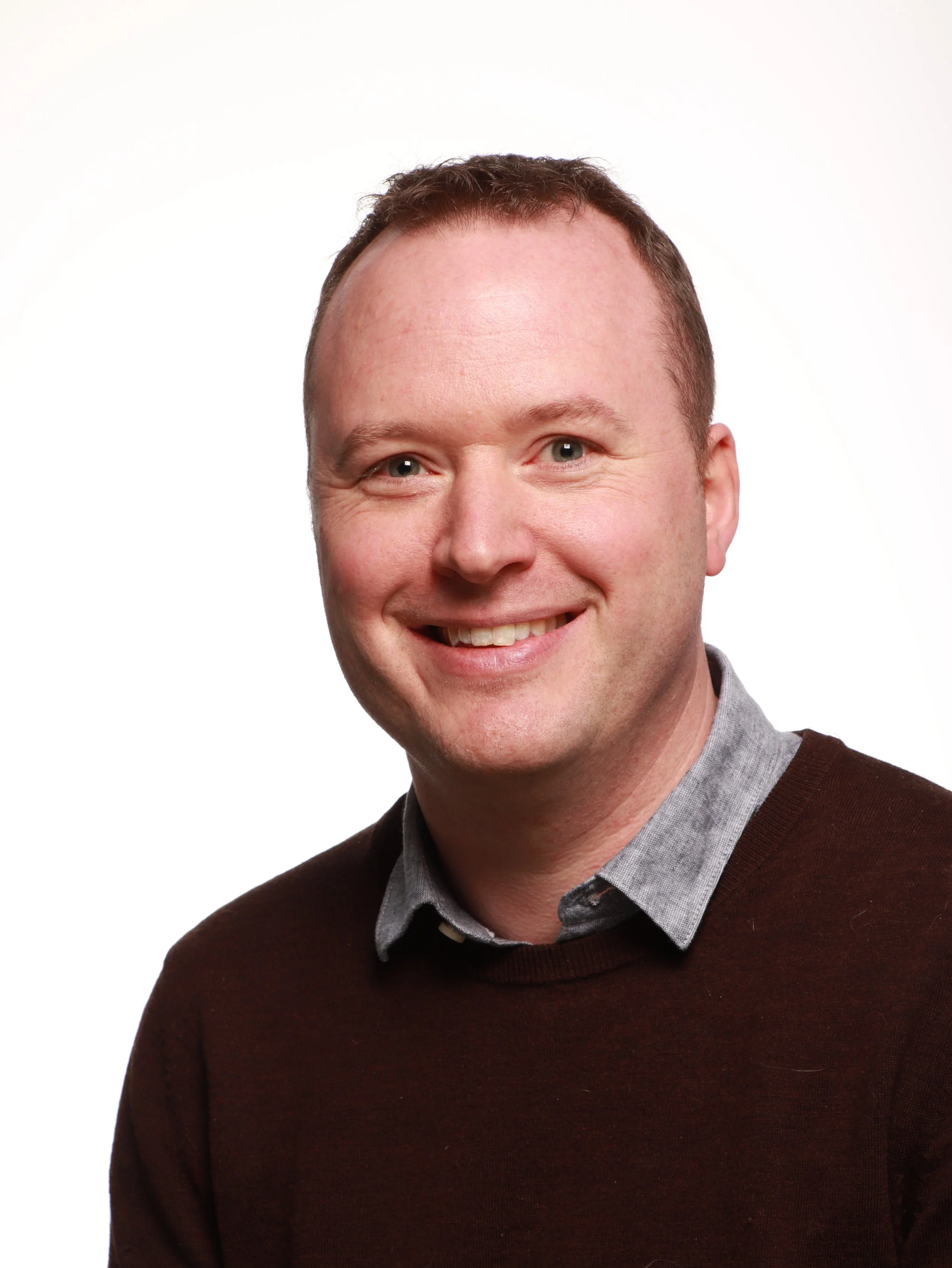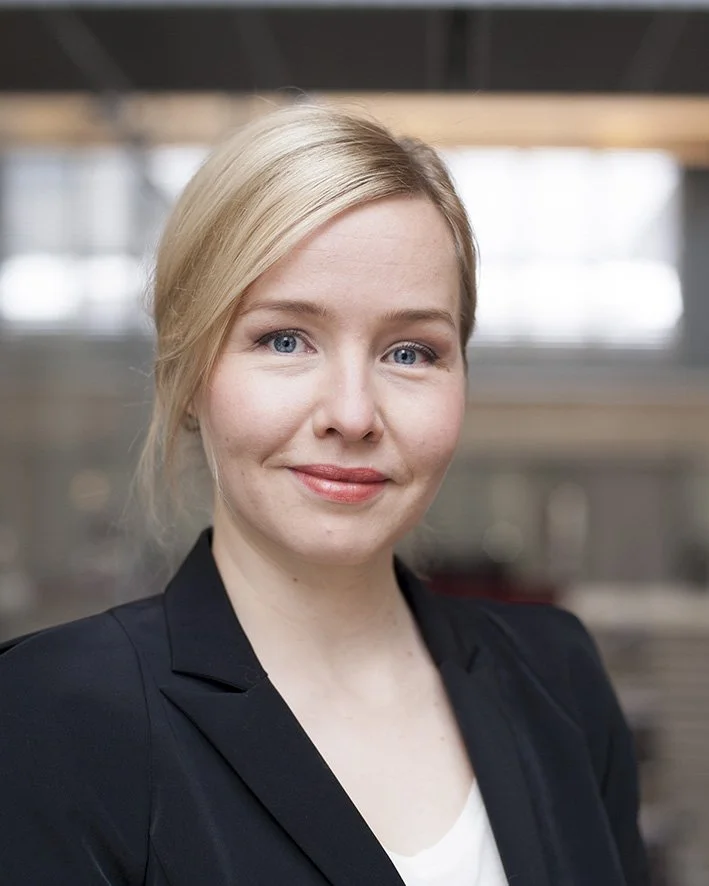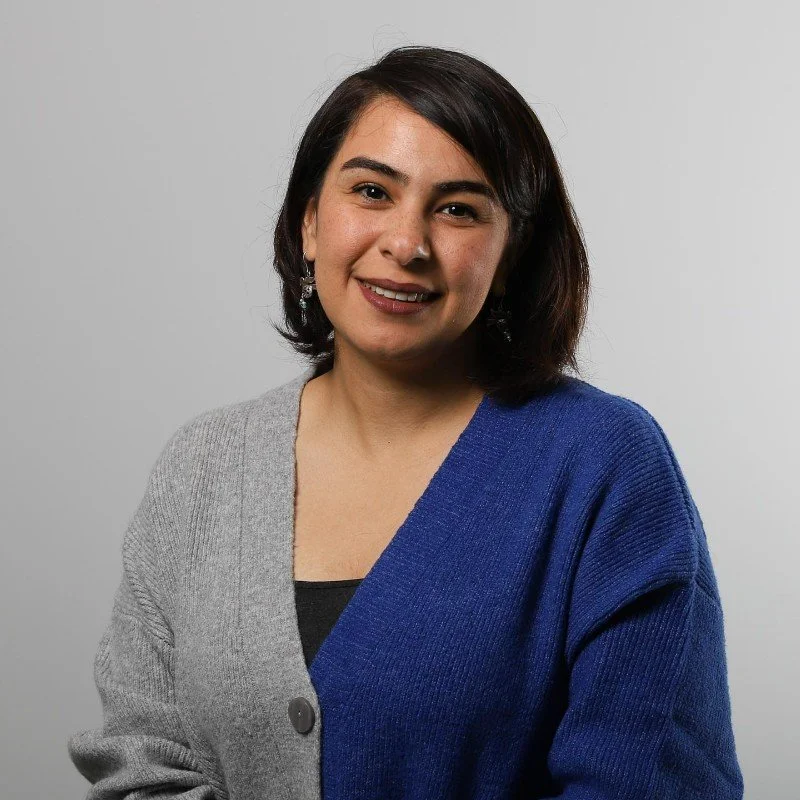RESCUE Team
RESCUE is a three-year interdisciplinary project funded by the Academy of Finland. The project consortium includes Aalto University, Department of Built environment and Department of Architecture; University of Turku, Finland Futures Research Centre; and Tampere University, Faculty of Built Environment.
-
Prof. Saija Toivonen, Consortium Leader & WP Leader
Lassi Tähtinen, Doctoral Researcher & Project Coordinator
-
Prof. Kimmo Lapintie, Consortium PI
Prof. Laura Arpiainen, WP 2 Leader
Johanna Lilius, WP 3 Leader and Postdoctoral Researcher
Ira Verma, Postdoctoral Researcher
-
Prof. Sofie Pelsmakers, Consortium PI and WP 4 leader
Raul Castano-Rosa, Postdoctoral Researcher
Jyrki Tarpio, Researcher
Heini Järventausta, Research Assistant
Dara Nerweyi, Non-military Serviceman
-
Prof. Markku Wilenius- Consortium PI
Prof. Sirkka Heinonen, WP5 Leader
Joni Karjalainen- Doctoral Candidate
Amos Taylor, Project Researcher
Riku Viitamäki, Intern
Risto Sivonen, Intern
Photo by Ahmad Mokari
Aalto University - Department of Built Environment
Saija Toivonen
- Consortium Leader and WP 1 Leader, Professor in Real Estate Economics, Aalto University
Dr. Saija Toivonen works as an assistant professor in real estate economics at the Department of Built Environment at Aalto University, School of Engineering. Saija’s special interest is combining the future dimension into real estate market research by using research methods known from futures studies. Her research scope includes themes such as understanding the future dynamics of real estate supply and demand, foreseeing the future impacts of different forces as well as developing strategies and services aiming for a more future oriented and sustainable real estate sector. Saija also leads a research team called futuRE which focuses on the impacts of different phenomena on the future development of real estate market.
Saija enjoys being active in the scientific community with several positions of trust and interacts lively with the society and the business sector. She is the chair of The Finnish Association for Real Estate Valuation and a board member of The Property Valuation Board of the Finland Chamber of Commerce. She also acts as the Finnish representative in the FIG International Federation of Surveyors Commission 9 (Valuation and the Management of Real Estate). Before her academic career, Saija worked in the construction industry.
Saija is leading the RESCUE project consortium. She is also the work package leader for WP1 focusing on future crises and their impacts and take part to the WP 5 concentrating in resilient policies, regulations, practices and solutions in crisis context. Saija is especially looking forward for the multidisciplinary research possibilities that RESCUE is enabling.
Lassi Tähtinen
- RESCUE Project Coordinator and Doctoral Researcher in Real Estate Economics, Aalto University
Lassi Tähtinen is a doctoral researcher in real estate economics at Aalto University. In his research, Lassi utilizes methods from futures studies to study crisis management and resilience from the real estate point of view. Lassi has a background in business studies as well as in multidisciplinary sustainability studies. In recent years he has worked in national and international smart city and open innovation research projects as well as in strategic consultancy. In RESCUE, Lassi has a central role in work package 1, in which potential future crises are identified and the possible impacts of these crises, their characteristics and joint impacts on real estate and land use are detected and analyzed. Lassi will also participate in Work Package 5, which studies how the future resilience of societies can be promoted dynamically through future policies, regulations and management practices.
Aalto University, Department of Architecture
Kimmo Lapintie
- Consortium PI, Professor in Urban and Regional Studies, Aalto University
Kimmo Lapintie’s fields of interest are communicative planning, argumentation, epistemology, multiculturalism and multi-locality in working and living. Together with his team, they are working on several projects, including RESCUE (dealing with land use planning and spatial practices), and InFormed Planning which is part of the consortium BEMINE (dealing with multi-locality of living and working, multiculturalism, and the dynamics of urban nature). In his personal projects, he is studying the role of knowledge and participation in planning, as well as the theory of space. Kimmo is graduated from the University of Turku with a Master of Philosophy in 1980 and a Licentiate of Philosophy in 1985, his major being theoretical philosophy and minors in practical philosophy, economics, and history and theory of art. He graduated as MSc (architecture) in 1989, and a PhD (architecture, urban planning) in 1993 from Tampere University of Technology. He has worked as a planning consultant for the State Planning Agency in Vaasa, and was the owner and planner in the private architecture and engineering office Plan-Ark Ltd. In 1993-1996 he worked as PI in the project Ecopolis, funded by the Academy of Finland. From 1997-1999 I worked as Research Director of the Centre of Urban and Regional Studies in the Helsinki University of Technology. From 1999 he has worked as Professor of Urban and Regional Planning at the Department of Architecture, first in Helsinki University of Technology, and then in Aalto University after its establishment in 2010.
Laura Arpiainen
- WP 2 Leader, Inaugural Professor in Health and Wellbeing Architecture,
Aalto University
Laura Arpiainen is the inaugural professor of Health and Wellbeing Architecture at Aalto University and director of the SOTERA research group. An architect by training, she is particularly interested in diversity, inclusive design, mental health, new definitions of wellbeing and the relationship of built environments to health. She is currently creating a course called: Climate Change, Health and Architecture, and has run design studios on Design for End of Life Care, Community Health and most recently Pandemic Hospitals. Laura holds dual Finnish / Canadian citizenship and lived in North-America for almost 25 years. Her international background includes long term experience with healthcare and public services provision including strategic planning and operationalizing of systems, service design, clinical planning and of course architecture and facility planning. In the RESCUE project, Laura leads Work Package 2 which deals with definitions of wellbeing and the creation of a framework to evaluate factors contributing to community, organizational and individual wellbeing. The research will also review components of vulnerability and how determinants of mental health can be affected by changes in the physical environment. All the results will be reflected forward through a lens of future studies with a vision of building resilient wellbeing for years to come.
Johanna Lilius
- WP 3 Leader, postdoctoral Researcher in Architecture, Aalto University
Dr Johanna Lilius is currently a postdoctoral researcher at the department of Architecture/Aalto University and was visiting professor at the University of Vienna in 2020. She is the chief editor of the Finnish Journal of Urban Studies Her expertise lies within changing frameworks in urban housing and planning, spatial practices as well as urban revitalisation processes and strategic spatial planning. She contributes mainly to WP 4 where she for example seeks to understand how crises are currently understood within land-use planning in Helsinki, Copenhagen, Oslo and Hamburg.
Ira Verma
- Postdoctoral Researcher in Architecture, Aalto University
Ira Verma D.Sc. in Architecture is working as a postdoctoral researcher at Aalto University, in the research group for Health and Wellbeing architecture SOTERA. Since 2005 she has been participating in research and development project related to Housing for Older People, Health Care Services and Universal Design. She has experience in collaboration with national and international research partners, as well as Finnish municipalities and Health Care Districts. She has published more than 65 articles, seminar articles and reports e.g. for the Ministry of the Environment, Ministry of the Social Affairs and Health and the Housing Finance and Development Center of Finland (ARA).
Tampere University - Faculty of Built Environment
Sofie Pelsmakers
- Consortium PI and WP 4 leader, Professor in Architecture, Tampere University
Sofie Pelsmakers is Assistant Professor and chairs the Sustainable Housing Design research group at the Tampere University architecture school. Trained as an architect with a speciality in low energy and low carbon housing design and transformations, her research focuses on how these spaces and living environments work in reality and over time. This includes how buildings are adapted to a changing world. She single-authored ‘The Environmental Design Pocketbook (2015, Riba Publishing) and has co-authored ‘Energy, People Buildings, Making Sustainable Architecture Work (2021, RIBA Publishing). She also co-guest-edited the first volume of the RIBA Design Studio Journal: 'Architecture and the Climate Emergency: Everything Needs to Change' (2021). Research projects focus on current and anticipated societal and environmental challenges, and the resilience and capacity of people and living environments to respond to, and adapt to these changes, now and in the future. Projects include 'Housing in Change', Nordic Sustainable Housing Design, Carbon Neutral Development Through Net Zero and Net Impact Design. Sofie also leads ARCH4CHANGE, an EU Erasmus+ funded 'Digital climate emergency curriculum for architectural education- methods towards carbon neutrality. Recognition of her work includes being selected as one of the Architect's Journal Climate Champions (2020), one of two Bartlett PhD Alumni Role models (2017), RIBA Role Model (2015), Women influencing sustainability in architecture (Architects journal, 2013), recognition for the Environmental Design Pocketbook (RIBA, 2012 and UKGBC, 2013).
Raúl Castaño-Rosa
- Postdoctoral Researcher, Architecture, Tampere University
Raúl Castaño is a Postdoctoral Research Fellow in the Sustainable Housing Design research group at the Tampere University Architecture School. He is an interdisciplinary researcher with experience in the non-academic and academic sector where he has played a key role in teaching, researching, mentoring and exchanging knowledge on sustainability, buildings, innovative solutions and people’s quality of life. The focus of his research has been to develop a better understanding of the relationship between building performance and households’ quality of life-based on the analysis of monetary, energy and thermal-comfort factors. Raúl also chairs the Finnish Energy Observatory (FEnO) initiative at Tampere University. His research interests are assessment of building-indoor environment (i.e., overheating) and adaptive thermal-comfort models to design affordable, sustainable and resilient housing; urban shrinkage; energy communities; and transport poverty.
Jyrki Tarpio
-Researcher, Architecture, Tampere University
Jyrki Tarpio has been working in the field of housing research since 1999. An interest towards spatial and morphological questions related to dwelling flexibility is a common denominator in his work. Tarpio’s early interest was residential open buildings. During 1999–2002 he worked on a project in which research on open-building achievements in four countries was carried out. Later he widened his scope into diverse questions regarding dwelling flexibility and its relation to spatial design. His dissertation Joustavan asunnon tilalliset logiikat (English translation: Spatial Logics of Dwelling Flexibility) is a profound work on the subject written in Finnish.
His latest works include reports on small-scale urban housing and affordable housing. Since 2016–19 he has been working as a subproject leader in a multidisciplinary research project ‘Dwellers in Agile Cities’ funded by the Academy of Finland. Tarpio worked as a visiting researcher at Urban Development Corporation (UDC) and Tokyo Metropolitan University in Japan from 1999–2000, and at Chalmers University of Technology in Sweden in 2019. In addition to academic research, he has conducted small-scale design work through his own architectural studio. Jyrki is focusing on resilient building solutions under WP4.
Heini Järventausta
- Research Assistant, Architecture, Tampere University
Heini Järventausta is a master's student in the School of Architecture at Tampere University. During her studies she has worked in several architecture offices, gaining practical experience in the field. In an academic environment, she has taken part in research on the impacts of the pandemic on the use of public spaces. In RESCUE, she continues researching resilient built environments at building and urban city scale with WP4. In architecture, she is particularly interested in holistic sustainability and the users of urban spaces, and in her thesis, she focuses on rethinking resilience from the perspective of children.
Dara Nerweyi
-Non-Military Serviceman, Tampere University
After finishing the RIBA Part-I at the Architectural Association in London, Dara Nerweyi moved back to his home in Finland to finish his master’s thesis in sustainable architecture at Tampere University. This work focused on the theoretical and design ramifications of reuse, upcycling, and recycling by investigating how old unwanted pianos could be given new life in an architectural project. He also has worked in several offices in the role of architectural assistant in both new builds and renovation projects. Currently, he is carrying out his civil service at the University of Tampere, where he is helping create the exhibit framework using recycled materials. The exhibit will serve to spread awareness of the research results of RESCUE.
University of Turku, Finland Futures Research Centre
Markku Wilenius
- Consortium PI, Professor in Futures Studies, University of Turku
Markku Wilenius acts currently as Dean of Dubai Future Academy at Dubai Future Foundation. He is also a professor of futures studies at the School of Economics, University of Turku. Since 2016 he is a UNESCO Chair in Learning Society and Futures of Education. He has worked and published for over 25 years with futures studies. He built with his colleagues an international master program for futures studies at the University of Turku. Wilenius has worked in all areas related to learning, innovation and sustainable development. Wilenius is a member of the Finnish IPCC (Intergovernmental Panel on Climate Change) working group. He is president of two foundations (Walter Ahlström and Runar Bäckström) supporting innovation and sustainable technology development. During 2016-2020 he worked as a member of the strategic foresight group LUOTSI at the Prime Minister’s Office of Finland and acted as a board member of the Finnish Innovation Fund SITRA 2017-2019. In 2007-2010 he worked with Allianz, the world’s largest private insurer, leading their strategic research and development. He is a full member of the Club of Rome and has led the Finnish delegation at Johannesburg Sustainable Development Summit. He is a member of the scientific committee of the World Resources Forum. He has published books and articles widely and is a renowned speaker. His most recent book is “Patterns of the Future. Understanding the Next 40 Years of Global Change” (World Scientific, London, 2017).
Sirkka Heinonen
- WP5 leader, Professor Emerita in Futures Studies, University of Turku
Sirkka Heinonen is Professor Emerita of Futures Research at the University of Turku, and Director of FFRC Helsinki Office. During nearly 30 years at VTT (1979-2007), she conducted futures research and futures capacity building specialised in applied futures studies of the built environment in the socio-techno-cultural contexts.
Prof Heinonen has been developing scenario methodology closer to stakeholders, both public and private, combining it with other foresight methods. She has developed new methods: Futures Clinique, Creative Foresight Space, Multi-Dimensional Risk Analysis, Nega- and Positrends, and Pioneer Analysis.
Internationally recognized expert in futures studies theories, methods and policy relevance, Full Member of the Club of Rome (2005-), Chair of the Helsinki Node of the Millennium Project (2000-), and Guest Professor at University of Science and Technology in China USTC (2013-). She is a Member of the Advisory Committee of the Chilean Council of Foresight and Strategy, established in 2014.
Member of the editorial board in six futures journals, Vice-President of the Finnish Society for Futures Studies and a Member of the Academy of Technical Sciences 2014-. In 2016-2018 member of MATINE (Scientific Advisory Board for Defence). She has been given the Award of Scientific Technology Transfer to Finland (1986), Honorary mention of Prime Minister’s Best Practices Award in Information Society Programme (2004), Golden Award of Scientific Work (2016), Memorial Medal of University of Turku (2018).
Joni Karjalainen
- Doctoral Candidate in Futures Studies, University of Turku
Joni Karjalainen is a project researcher at the University of Turku, Finland Futures Research Centre (FFRC). Endorsing a critical-transformative foresight approach, he aims to learn from policy frameworks in multi-actor environments that promote capability-accumulation and systemic learning for sustainability transitions. His doctoral research focuses on off-grid solar energy entrepreneurship, and lessons from pioneering Global South contexts adopting sustainable peer-to-peer technologies, alongside an interest in the transformation of the energy system. He has been a visiting scholar in the Institute for Futures Research (IFR) in South Africa and the University of Sussex, Science Policy Research Unit (SPRU) in the United Kingdom. He has worked on research projects, such as Great Electrification in Peer-to-Peer Society, Neo-Carbon Energy – Transformative Energy Futures 2050, Economically viable city centre and urbanizing downtown, Access to Sustainable Energy for All, and Kenya and Tanzania Beyond 2015. Prior to his work in the field of futures research, Joni has an M Soc Sc in Political Science from the University of Helsinki.
Riku Viitamäki
- Intern, Finland Futures Research Centre (FFRC)
Riku Viitamäki’s discipline is international relations where he has specialized in European integration studies, and the EU’s ability to manage different crises. In his doctoral dissertation, he studies how the pandemic may affect the EU’s and European integration’s possible futures from the point of view of the institution of sovereignty. Currently, he works as a Millennium Project intern at Finland Futures Research Centre’s Helsinki Office. Before Millennium Project, he worked as a doctoral student in an Academy of Finland-funded research project called European State Nobility and Fatal Problems and as an intern at the Tampere Centre for Knowledge, Science, Technology and Innovation Studies.
Amos Taylor
- Project Researcher, University of Turku
Amos Taylor (MA/MPhil) is a project researcher at the Finland Futures Research Centre (University of Turku) contributing to WP5.
He has experience in multiple foresight projects at FFRC, for example in the Academy of Finland-funded research on the ethical issues of the next 100 years of the bioeconomy (BioEcoJust) and more recently on future generations and governance (FORGE). He teaches various strategic foresight and scenario courses at the Turku School of Economics. His research focuses on transformational imaginaries, future generations and risks facilitated through creative and participatory approaches that encourage open alternative futures. He has a multidisciplinary background with two master’s degrees in Futures Studies from the University of Turku, and Audio Visual Media Culture from the University of Lapland. Building on his previous undergraduate in design degree from Central Saint Martins College of Art and Design, London.
Risto Sivonen
- Intern, Finland Futures Research Centre (FFRC)
Risto Sivonen is a seasoned consultant of strategic foresight and innovation in international business and policy, currently extending his studies in the fields of management and futures studies. As a part of the above, his internship with the Millennium Project at Finland Futures Research Centre’s Helsinki Office bridges the landscape of research programme management to future global challenges and sustainable scenarios, for instance, in relation to the future of work, future technology, and resilience at times of crises. His earlier academic work has focused, for example, on strategic decision-making, operational analysis, and stakeholder relations in large, international, temporal or long-term organizational networks.
-

Kristjana Adalgeirsdóttir
Kristjana Adalgeirsdóttir is an architect and a doctoral candidate at Aalto ARTS. Her research focus is on humanitarian architecture, sustainable project management in emergencies and cultural sensitivity in reconstruction after disasters. Kristjana is an international Red Cross shelter delegate and an emergency response team member in ShelterBox- Disaster Aid. She has broad field experience from shelter responses after natural disasters, in the Philippines (2018 & 2020), Kenya (2018) and from reconstruction projects after conflicts, in Iraq (2019). Kristjana is a former board member of Architecture Sans Frontières International (ASF Int). At Aalto, Kristjana has since 2016 mentored master-level student teams in the multidisciplinary SGT program (Sustainable Global Technology). Projects based in refugee settlements in Greece, reconstruction sites after the earthquake in Nepal and currently, on WASH (water and sanitation) related issues in refugee camps in Tanzania. Kristjana´s recent publication (2021) looked at the long-term aspects of culturally integrated recovery after disasters: It included a study of the houses that were imported, as an emergency response, from the Nordic countries to Iceland nearly 50 years ago, the story of the houses and their inhabitants. In the RESCUE project, WP2, Kristjana focused on a holistic approach to individual and community resilience. She conducted interviews with families in various countries that have lost their homes due to disasters, and with other experts in the field, to evaluate the main factors leading to a resilient built environment, that supports the wellbeing of its inhabitants, in both the pre-disaster, response and recovery phases.
-
Jonathon Taylor
Jonathon Taylor is a lecturer in Sustainable Urban Development with a PhD in Environmental Building Science, from University College London, UK. He contributed to WP4 of the RESCUE project. His research interests are in building physics, Geographic Information Systems (GIS), and healthy and energy-efficient housing. In particular, he has researched population-level exposure to poor indoor air quality, disease transmission risks, indoor heat and cold exposures, and moisture in the built environment; climate change and housing adaptation; and informal housing in the global south. He is an author of over 41 journal papers and is a contributor to the 2019 Lancet Countdown on Climate Change and Health, and the United Kingdom Climate Change Risk Assessment Evidence Reports, 2017 and 2022.
-

Suvi Nenonen
Suvi Nenonen works both in practice and academia in future learning and working environments in property management and brought her expertise in change management and user participation in co-creation to WP4. She also researches the usability of the built environment as well as the methods of how to develop both digital and physical working and learning environments. She is also in charge of research, development and innovation activities at the University Properties of Finland Ltd.
-
Jenni Poutanen
Jenni Poutanen, architect (MSc.), is a university instructor in Architectural Design in the School of Architecture at Tampere University. She prepares her PhD in learning spaces in higher education. She contributed to WP4. Her research focuses on user-centric design, socio-spatial qualities and transformation of the existing facilities for contemporary and future needs of learning in order to support the life cycle of campus buildings. The work is framed by the sharing of facilities, adaptable spaces and effectiveness of design solutions. Her project research topics include spatial interventions, knowledge work environments and innovation areas. Along with her research work, she has both consulted and designed learning space retrofits. Prior to joining academia, she worked as a designer in architectural practices for several years.
-

Katja Maununaho
Katja Maununaho is an architect who combines design and research to create new solutions to complex problems through co-designing with dwellers. This has given her sensitivity towards the mundane needs that create essential meanings to housing environments from the grassroots perspective. She mainly contributes to WP3 and WP4. Her focus is on the relations of spatial, functional, cultural and social factors in urban housing environments and on the questions of inclusive design and dweller-oriented housing design. She was part of the multidisciplinary research project: Dwellers in Agile Cities (2016-2019), funded by the Strategic Research Council at the Academy of Finland.
-
Anahita Rashidfarokhi
D.Sc. Anahita Rashidfarokhi works as a postdoc researcher and programme coordinator at WiTLAB (World in Transition) research unit at the department of Architecture, Aalto University. Anahita’s research is focused on the manifestation of resilience and sustainability in the future of the built environment sector. She also works as a PBL mentor in collaborative student projects running in developing countries including Uganda, Kenya and Mexico. Anahita holds a pedagogy minor and teaches topics related to sustainability, resilience and development studies in the context of the built environment. Anahita contributed to RESCUE as a postdoctoral researcher in WP1 (defining and analysing futures crisis), WP2 (social sustainability and wellbeing in the built environment), and WP4 (resilient solutions for working and living environments). She also acted also as the previous coordinator of the RESCUE project.
-

Vitalija Danivska
D.Sc. Vitalija Danivska is a lecturer and researcher in workplace management and experience. Her background is in real estate economics, business, finance and management. Vitalija has special interest in strategic real estate management, changing business models, proptech solutions for facility management with the emphasis on user-centric approach to facilities and real estate management, health and wellbeing of people in buildings. In RESCUE, Vitalija contributed to WP1 and WP2.
-

Burgert Maree
Burgert Maree
Burgert Maree is a Master`s student in Futures Studies at Turku University. He is keenly interested in sustainability and education and hopes to bring these two fields together in futures studies. Burgert has an extensive background in education and, amongst other things, was the project coordinator of a transdisciplinary education programme at his previous organisation in South Africa. The Big Ideas Programme aimed to cultivate 21st-century skills within learners, by utilising the United Nation's Sustainable Development Goals as a framework. Burgert was employed as a Millennium Project intern at the FFRC in Helsinki. In his spare time, Burgert loves to read and spend time in nature.
